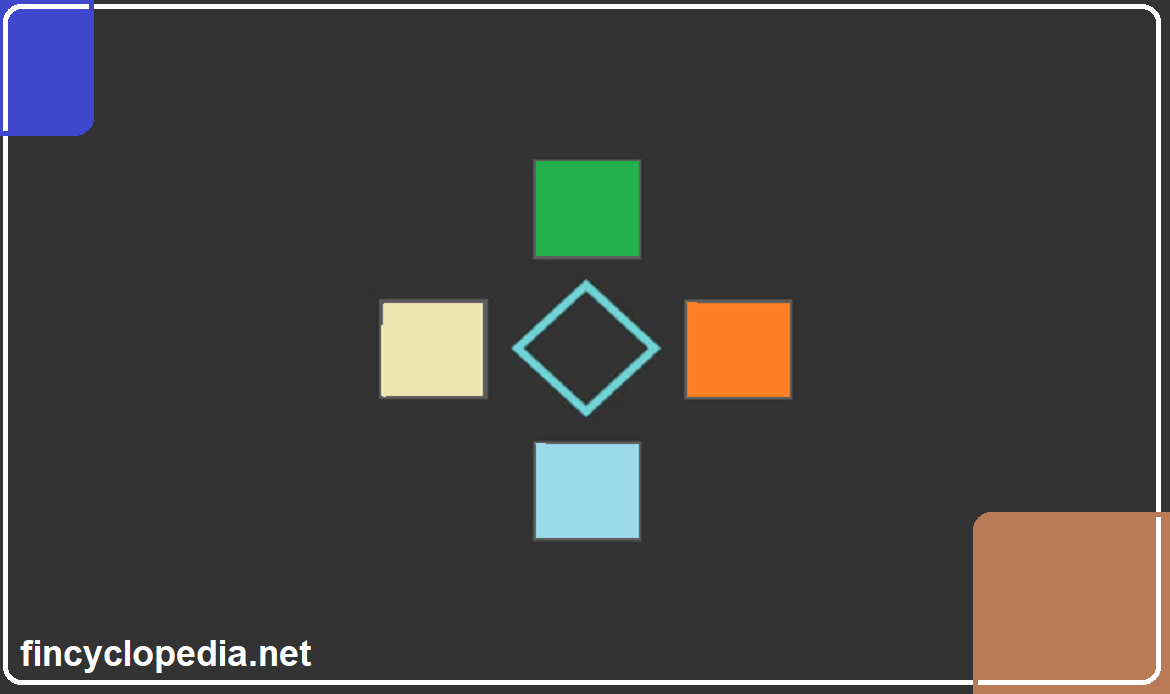Murabahah (مرابحة)- cost-plus sale- is one of the most common Islamic contracts of trading. It belongs in the broader class of commutative contracts (uqud al-mu’awadhah) and also the class of nominate contracts (uqud musammat). In the present-day realm of Islamic banking and finance, murabahah ranks among the most commonly used modes of financing (it is as old as other financing contracts such as musharakah).
The seller (e.g. an Islamic bank) may appoint the buyer (the client- purchase orderer) as its agent (wakil) to purchase the object of murabahah from the supplier on behalf of the Islamic bank. As such, the purchase orderer may pay part of the purchase price (thaman) to the supplier, so that this payment will be deducted from the selling price at which the Islamic bank will conclude the murabahah contract with the purchase orderer.
This practice is based on an agency contract (aqd al-wakalah– وكالة) to acquire the object of murabahah from the supplier. The appointment of the agent (under wakalah) must be via a separate contract (not under the murabahah contract itself). Notwithstanding, the Islamic bank (the principal or muwakkel) must not waive its liability (daman) as to the object of murabahah. On the other hand, the purchase orderer, appointed as agent, must not waive the effective transfer of the underlying asset from the murabahah seller.
For more on agency in murabahah, see: shari’ah rules on wakalah in murabahah.






